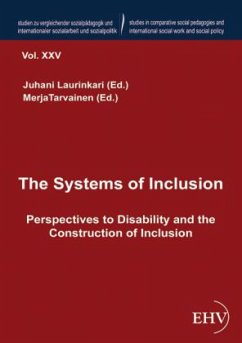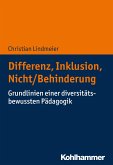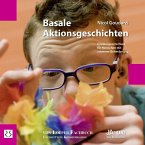Inclusion is often related to systems and to the relations of systems. Thus, the systems are present also in this publication in many ways and with various viewpoints. The systems of inclusion are built on will, values and the views of human being. Thus, we need to know more about the systems which are forming the frames for social, economic and political life and we need to know more about the relations between system(s) and life world, expressing it in a phenomenological way. System is a quite central concept in social sciences; systems can be understood from many viewpoints and schools of thought. In this multivoiced collection, systems are explored and discussed with different viewpoints and approaches. Although system is mentioned in the title, the viewpoint is not just the system-theory but each author has made their own choices and reasons. This publication consists of articles with different methodological and theoretical orientations. Actually, not the idea of system butthe ideas, realizations and challenges of inclusion are the key issues which have been considered.








